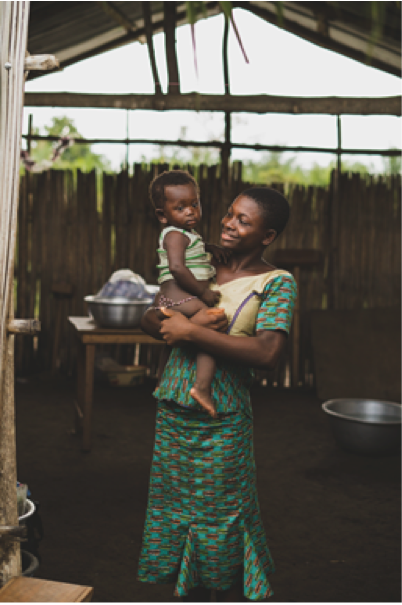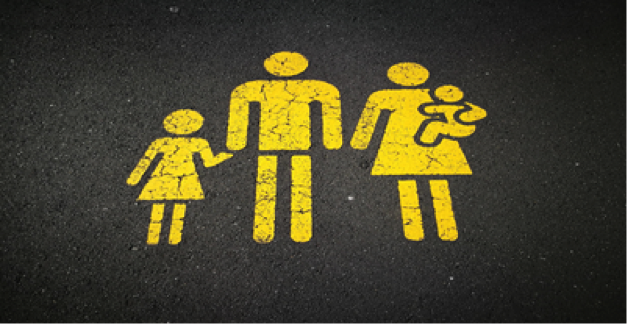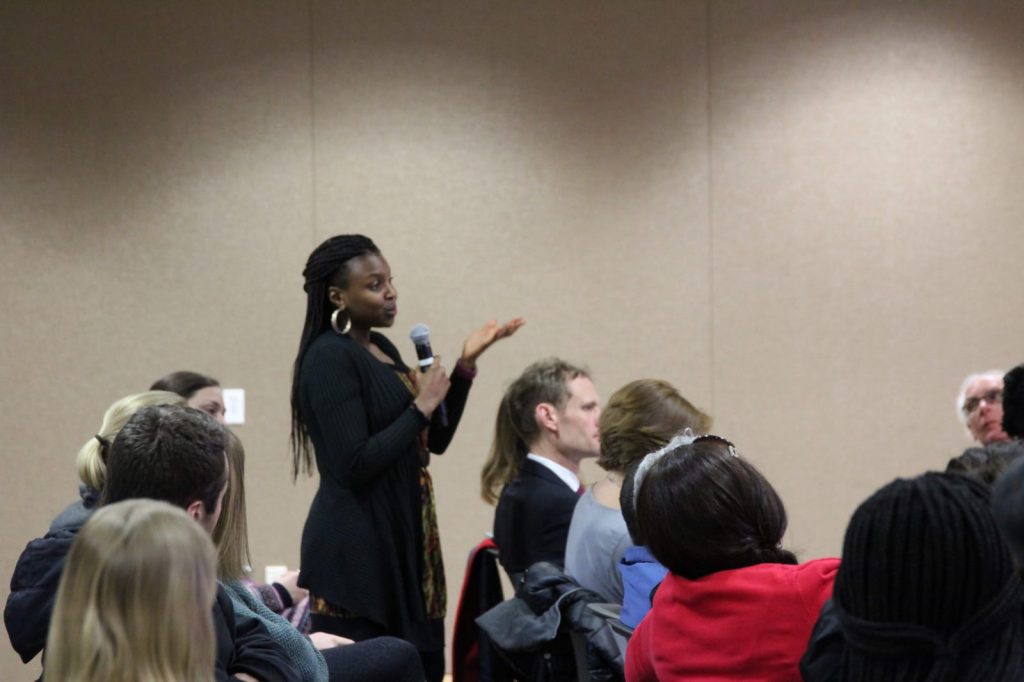Burkinabe Men in Collective Action Against Gender-Based Violence

Julian Uribe, Research Fellow, Youth, Gender & Vulnerability Policy Lab
juribe@africacfsp.org
In 2015, the Sahel Women’s Empowerment and Demographic Dividend Project (SWEDD) began operating in Burkina Faso. SWEDD has partnered with local NGOs to establish husband schools or “clubs des maris”. These “husband clubs” are local associations of men who come together to discuss a wide range of topics such as domestic violence, the importance of education for young girls, and access to reproductive healthcare. These social spaces are a positive development in the overall global fight against gender-based violence.
Gender-Based Violence in Burkina Faso
Women account for approximately 50.4% of Burkina Faso’s population. According to UNICEF, Burkina Faso has the fifth highest rate of child marriage in the world. It is reported that over half of girls are married under the age of 18. With little access to reproductive healthcare in rural regions, many become mothers at an early age and lose the opportunity to finish school. A report published by the UN Global Database on violence against women in Burkina Faso stated its concern over the lack of legislation or legal networks for women victims of domestic violence and the high prevalence of harmful practices such as female genital mutilation. The UN ranks Burkina Faso 181 out of 187 nations in gender equity.
Context on Husband Schools
The husband school is not unique to Burkina Faso. The UN Population Fund initiated the project in Niger in 2008. From there, the notion has spread throughout West Africa. The idea is now sponsored by international organizations such as the World Bank including national governments and non-profits. These husband schools are essentially social clubs that are facilitated by local men or women where men can hold productive conversations, ask questions, and learn from each other about how to support their wives, their daughters, and the importance of healthcare for women. The way these husband schools function vary widely depending on location and resource availability.
Roumentenga, Burkina Faso
In Roumentenga, a village in northern Burkina, Mwungaza Action, an NGO, receives logistical support from SWEDD and the Ministry of Health. Here, the project is called “school for husbands and future husbands”. The program lasts 4 months and ends with a formal ceremony where participants are given the title of “model husband”. In this specific program, men learn about how to support their wives, ask each other questions, and arrive at common objectives on how to be a better husband and father. Badjima Bakouan, project manager for Mwungaza Action claims that an evolution in “perspective” helps with changing harmful behaviors. This is an important point suggesting that men, when given the tools to address and detect harmful behaviors that affect women, can act accordingly and become agents of change themselves.
Mamboué, Burkina Faso
In Mamboué, a town in central Burkina Faso, husband schools are organized differently and are given financial and logistic help from SWEDD and the UN Population Fund. Unlike in Roumentenga, the husband schools in Mamboué are informal social workshops where men ask each other questions about sexual health, gender equity, and women’s rights. These workshops are held once a week and are facilitated by local staff. The difference between Roumentenga and Mamboué also stresses the variety of ways SWEDD is involved in the operation of these workshops. The end result, however, is similar as men from these villages benefit from a productive conversation on how to be better allies and acquire tools to become active agents of change in their homes and communities.

Improved Martial Relationships
Local facilitators, government officials, and participants have attested to the positivity of these husband schools. Health care centers in Mamboué have reported an increased rate of contraception use in women and have seen an increased number of husbands involved in the healthcare of their wives. Waimbabie Gnoumou in Mamboué participated in the local husband school and explained how his experience attending helped him adopt a new perspective on his alcohol use and states that his relationship has greatly improved with his wife. Additionally, Ouiraogo Kientega in Roumentenga reports helping his wife with simple household chores such as taking care of the children, laundry, and fetching water.
Potential For Long-Term Impact
These husband schools are disrupting traditions and questioning gender roles in societies where these roles are heavily cemented. In doing so, they provide men with a safe space to discuss issues that affect women across the globe. The husband school phenomenon has proven to be a positive development in the overall fight against gender-based violence because it grants local men the autonomy to act as agents of change on their own terms. Local initiatives enable men and women to craft a new future by forming new and innovative definitions of manhood and fatherhood. SWEDD is involved in over 1000 husband school projects throughout the Sahel region. Its local partnerships are positive step towards ensuring sustainability when addressing women’s rights in the Sahel.
Based on your interests, you may also wish to read:
- Women as Peacemakers in Senegal – Voices To Be Heard
- Kenya Should Adopt Comprehensive Sexuality Education to Address the Vulnerability of Girls to Early Pregnancies
- COVID-19, Youth and Tech: The Chance to Build a Resilient Nigerian Economy?
- The Socio-economic and Cultural Response to COVID -19 By Women in The Gambia


